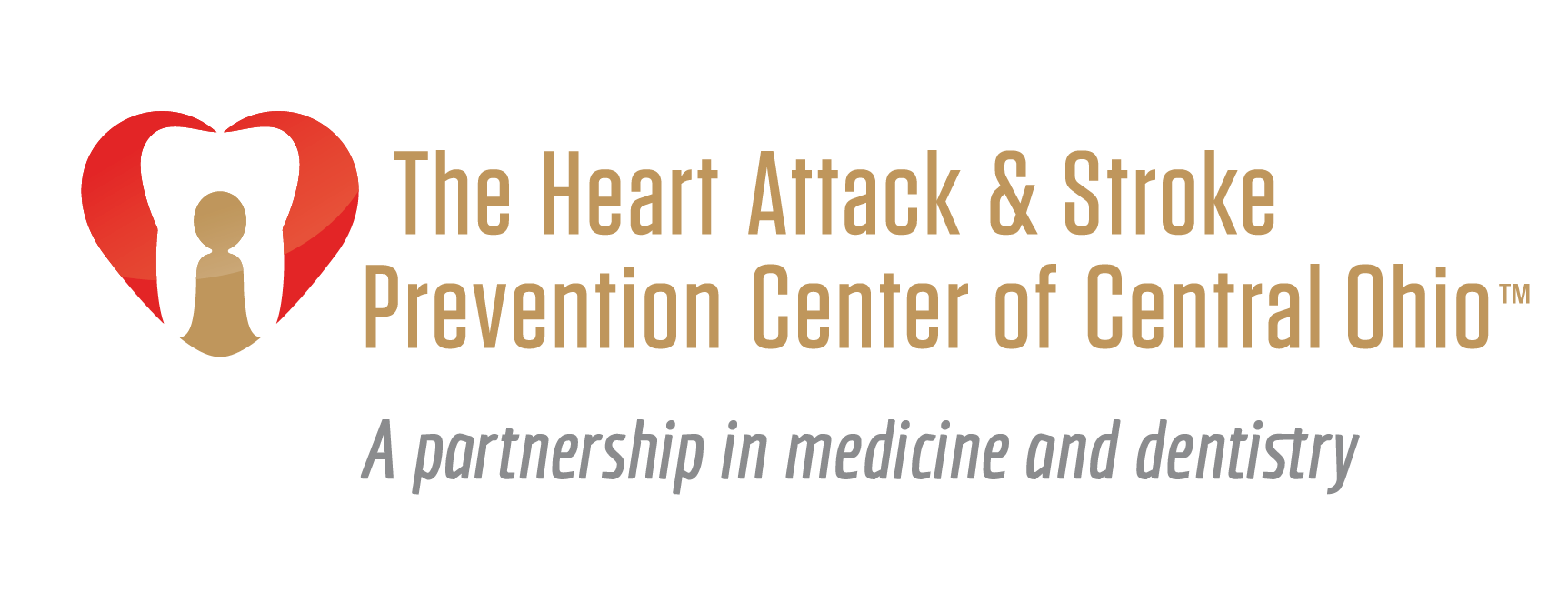Unveiling Women's Health: Navigating Stroke Awareness Month
- Eric Goulder, MD, FACC
- May 3, 2024
- 2 min read
Did you know that women's stroke symptoms often differ from men's? There are also many unique factors that put women at a higher risk of stroke. All of this information could be the crucial difference between stroke recovery and fatality, so join us for this month’s blog, where we will cover these topics and explain how we can be your guide to a future free of strokes.
Women's Health Month and Stroke Awareness: An Alarming Reality
As May dawns upon us, it's vital to shed light on two critical health observances: Women's Health Month and Stroke Awareness Month. Delving into the statistics unveils a stark reality – women face distinct challenges when it comes to stroke risk. According to the CDC, an alarming 1 in 5 women aged 55 to 75 will experience a stroke in the United States. What's more, the CDC also states that factors such as pregnancy, the use of birth control pills, and higher reported rates of depression in women than in men contribute to heightened vulnerability of stroke.
Recognizing Women’s Stroke Symptoms: Beyond the Obvious
While the common symptoms of stroke – including facial numbness, speech difficulties, vision impairment, dizziness, and severe headaches – are well-known, women often experience additional, less recognized signs. These may include hiccups, nausea, chest pain, fatigue, shortness of breath, and a racing heartbeat. Unfortunately, these symptoms can easily be dismissed as everyday occurrences, potentially leading to life-threatening consequences.
In a February webinar, our friend and co-creator of the BaleDoneen method, Dr. Amy Doneen, gave a presentation all about women’s health and risk for cardiovascular disease. Watch the full webinar below:
Shifting from "Sick Care" to Health Care
In our current healthcare paradigm, patients are often treated reactively, waiting until symptoms manifest before seeking medical attention. However, the first indication of cardiovascular disease could be a catastrophic event such as a stroke or heart attack. At the Heart Attack and Stroke Prevention Center of Central Ohio, we are led by board certified cardiologist, Dr. Eric Goulder. Our office advocates for a paradigm shift from "sick care" to health care. By looking for evidence and subsequently addressing root causes such as stress, sleep quality, oral health, diet, lifestyle, and genetics, we strive to safeguard against cardiovascular events before they occur.
The Power of Predictive Testing: Introducing the CIMT Test
Central to our preventive approach is Dr. Goulder’s use of the Carotid Intima-Media Thickness (CIMT) test, a groundbreaking diagnostic tool with unparalleled predictive accuracy. This non-invasive test analyzes arterial health and can predict the likelihood of a cardiovascular event with an astonishing 98.6% accuracy. By detecting early signs of arterial disease, we empower individuals to take proactive steps towards optimal cardiovascular health.
Take Charge of Your Health: Schedule Your Appointment Today
Don't wait until symptoms strike – take charge of your health today. Call us at (614) 396-8703 or visit our contact page to schedule an appointment, and receive comprehensive testing to determine whether you are at risk of stroke. Rest assured, under the care of Dr. Goulder and the rest of our team, you'll receive personalized attention and a commitment to preventive measures. Together, let's pave the way towards a future free from heart attacks and strokes.
